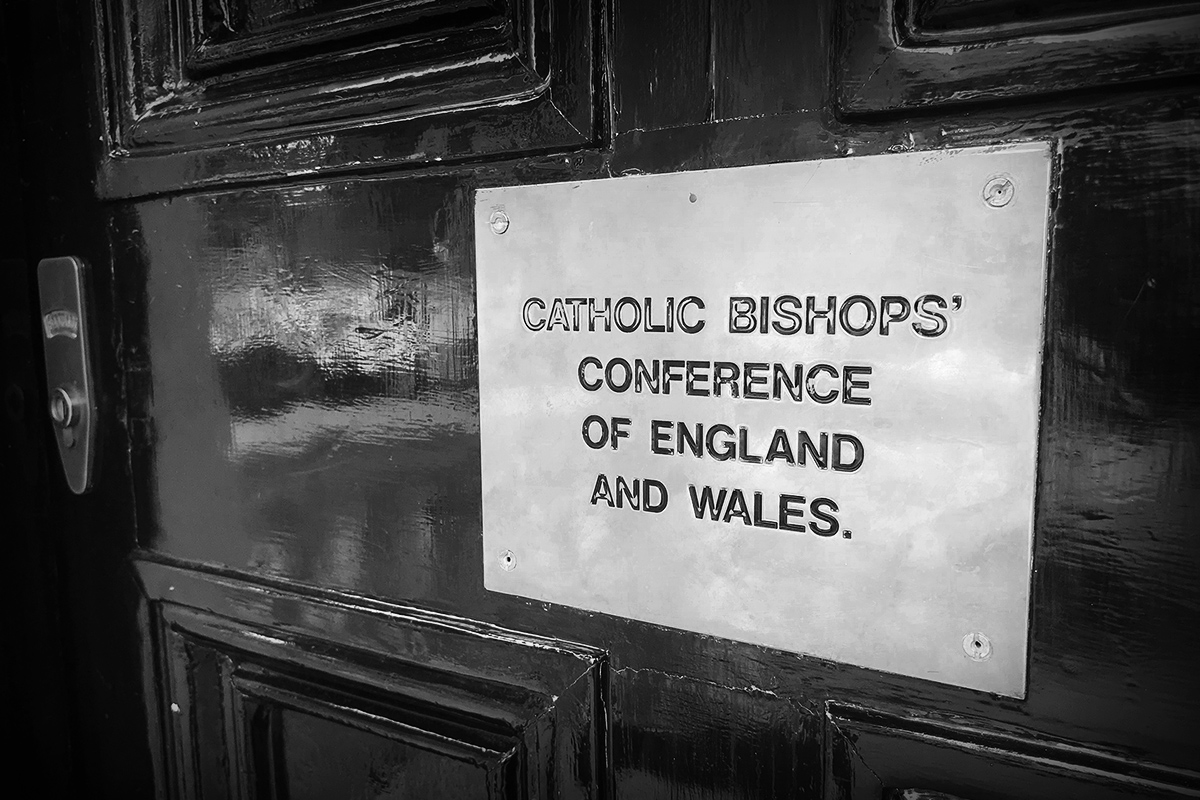
The Church’s principled objection to the Marriage (Same Sex Couples) Bill was set out in our Second Reading Briefing Note.
We recognise the support that the Bill received at Second Reading in the House of Lords, and our aim is to ensure that the Bill, should it become law, effectively delivers the protections that the Government promised to provide for religious individuals and organisations.
Our legal advice warns that amendments are necessary if freedom of religion and freedom of speech are to be effectively protected. This briefing note sets out the specific amendments proposed to achieve these protections, together with the reasons for them.
For a more detailed assessment of the human rights law implications of the Bill please see Prof. Christopher McCrudden’s legal advice to the CBCEW.
The amendments cover four key areas of concern. We identified additional areas of concern in earlier briefings but we focus on these four issues as our major concerns.
Education
The Bill creates two potential problems for religious schools: first in relation to current guidance issued by the Secretary of State about marriage, and second in relation to future guidance. Unless protection is built into the Bill, religious schools may be compelled to commend and advocate same sex marriage under current and/or future guidance issued by the Secretary of State.
Freedom of Speech
There is a real concern that individuals would be subjected to some form of detriment if they express views or opinions against same sex marriage in two contexts
(a) Criminal sanctions – there is a risk that individuals would be prosecuted under section 29 of the Public Order Act 1986.
(b) Civil sanctions – there is a risk that individuals would be detrimentally treated as a result of the Equality Act 2010.
Individual Rights at Work
There is nothing in the Bill to protect civil registrars (present or future) who have a conscientious objection to conducting same sex marriage ceremonies.
The ‘Locks’
The ‘locks’ provided in the Bill are fundamentally flawed, in at least four respects:
(a) Protection from ‘compulsion’ is central to the protection provided for religious individuals and organisations – it constitutes one of the ‘locks’ – but there is no definition of ‘compelled’ in the Bill. This creates significant uncertainty and weakens the scope of the protection that is afforded by the Bill.
(b) The Bill recognises the possibility of legal challenge under section 29 of the Equality Act 2010 and provides explicit protection in Clause 2(5). This constitutes another one of the ‘locks’. The scope of this protection, however, is too narrowly drawn and continues to leave religious organisations at risk of legal challenge under the section 29 of the Equality Act 2010 and under the Equality Act 2010 more broadly if they choose not to ‘opt-in’ to providing same sex marriages.
(c) The Bill also fails to protect religious organisations from being challenged under the Human Rights Act 1996 and/or by way of judicial review if they fail to opt-in. Such challenges would be costly to religious organisations even if unsuccessful.
(d) The Public Sector Equality Duty may result in religious individuals and organisations being treated unfavourably due to their beliefs on same sex marriage.
You can download and read a PDF of the full briefing in the top right-hand corner of this page.
For more information please visit our section ‘Speak Out For Marriage‘.